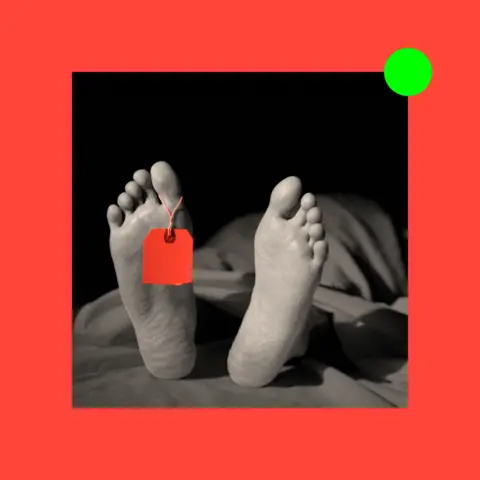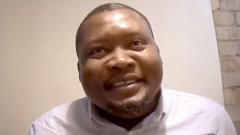Harold Dillard was 56 when he was diagnosed with an aggressive cancer around his abdomen in November 2009. Within weeks the former car mechanic and handyman - a Texan Mr Fix It type who wore a cowboy hat and jeans nearly every day - was in end-of-life hospice care.
In his final days, Mr. Dillard was visited by a company called Bio Care. They asked if he might consider donating his body to medical science for training purposes, reassuring him that any unused parts would be cremated and returned as ashes.
His eyes lit up, recalled his daughter Farrah Fasold. He viewed that as lessening the burden on his family. Donating his body was the last selfless thing he could do. However, after his passing, a shocking discovery was made: police found parts of his body dismembered and stored improperly.
This alarming narrative unveils the darker side of the body donation industry, known as body broking, where private companies obtain human remains, dissect them, and sell body parts to universities and medical firms, a practice often seen as exploitation.
While body donation offers significant contributions to medical research, including training future doctors, the chaotic landscape in the U.S. highlights a critical gap in regulations. Reports suggest that the country serves as a global exporter of cadavers due to its lack of stringent laws compared to Europe.
As debates continue about the respect and dignity owed to the deceased, some body brokers contend they follow ethical guidelines, yet criticism persists regarding the exploitation of vulnerable families and ethical misconduct. With public awareness growing and calls for more regulations, the future of body donation in the U.S. remains complex and controversial.





















